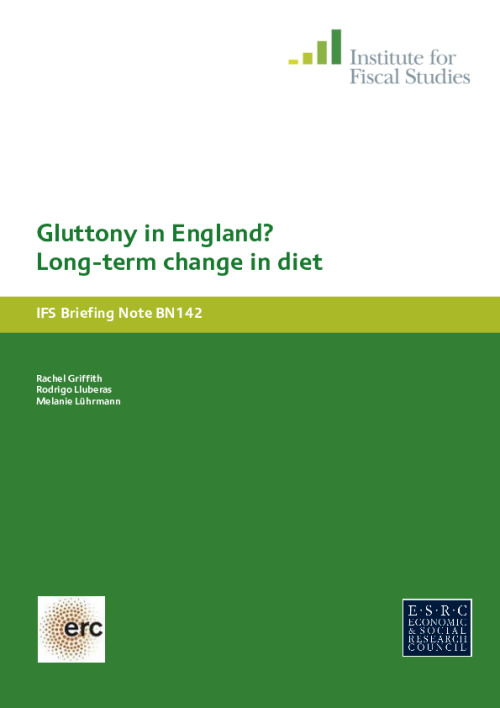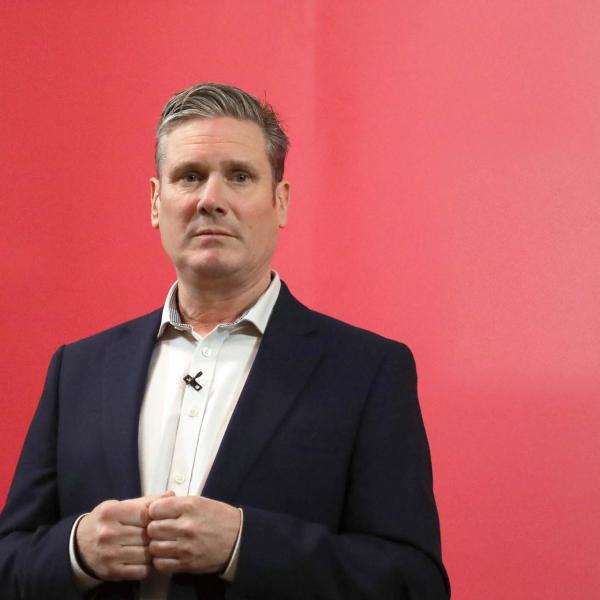Downloads

bn142.pdf
PDF | 1.37 MB
There has been a marked increase in body weight across much of the developed world. This has taken place, even though data suggest that there has not been an increase in calories consumed. This leads to a puzzle. If calories are declining, why are people gaining weight?
Changes in the nature of work and leisure, housework and other activities have led to substantial reductions in the strenuousness of daily life. In ongoing work, we are investigating how changes in purchased foods correspond to changes in time use and the strenuousness of activities. It appears that weight gain has resulted from a faster decrease in activity levels than in calories consumed, leading to an excess of calories.
The aim of this research is to help inform policy by increasing our understanding of the factors that have driven the rapid rise in obesity. The results do not say that food is not a problem, but that we need to consider both - calories ingested and calories expended.
Authors

CPP Co-Director, IFS Research Director
Rachel is Research Director and Professor at the University of Manchester. She was made a Dame for services to economic policy and education in 2021.

Research Fellow Royal Holloway, University of London
Melanie joined the Institute for Fiscal Studies in 2006 as a Research Fellow and she is a Professor at Royal Holloway, University of London.

Rodrigo Lluberas
Report details
- DOI
- 10.1920/BN.IFS.2012.00142
- ISBN
- 978-1-909463-26-4
- Publisher
- IFS
Suggested citation
R, Griffith and R, Lluberas and M, Lührmann. (2013). Gluttony in England? Long-term change in diet. London: IFS. Available at: https://ifs.org.uk/publications/gluttony-england-long-term-change-diet-0 (accessed: 30 June 2024).
More from IFS
Understand this issue

Election Special: Your questions answered
27 June 2024

Election Special: The big issues politicians haven't spoken about
25 June 2024

Election Special: The Labour manifesto explained
14 June 2024
Policy analysis

How would the parties’ tax and spending plans affect Scotland and Wales?
28 June 2024

What are the parties’ plans for benefits and taxes?
24 June 2024

Free breakfast clubs in schools: what Labour’s plans would mean for pupils and families
25 June 2024
Academic research

The role of hospital networks in individual mortality
13 May 2024

Forced displacement, mental health, and child development: Evidence from Rohingya refugees
10 May 2024
